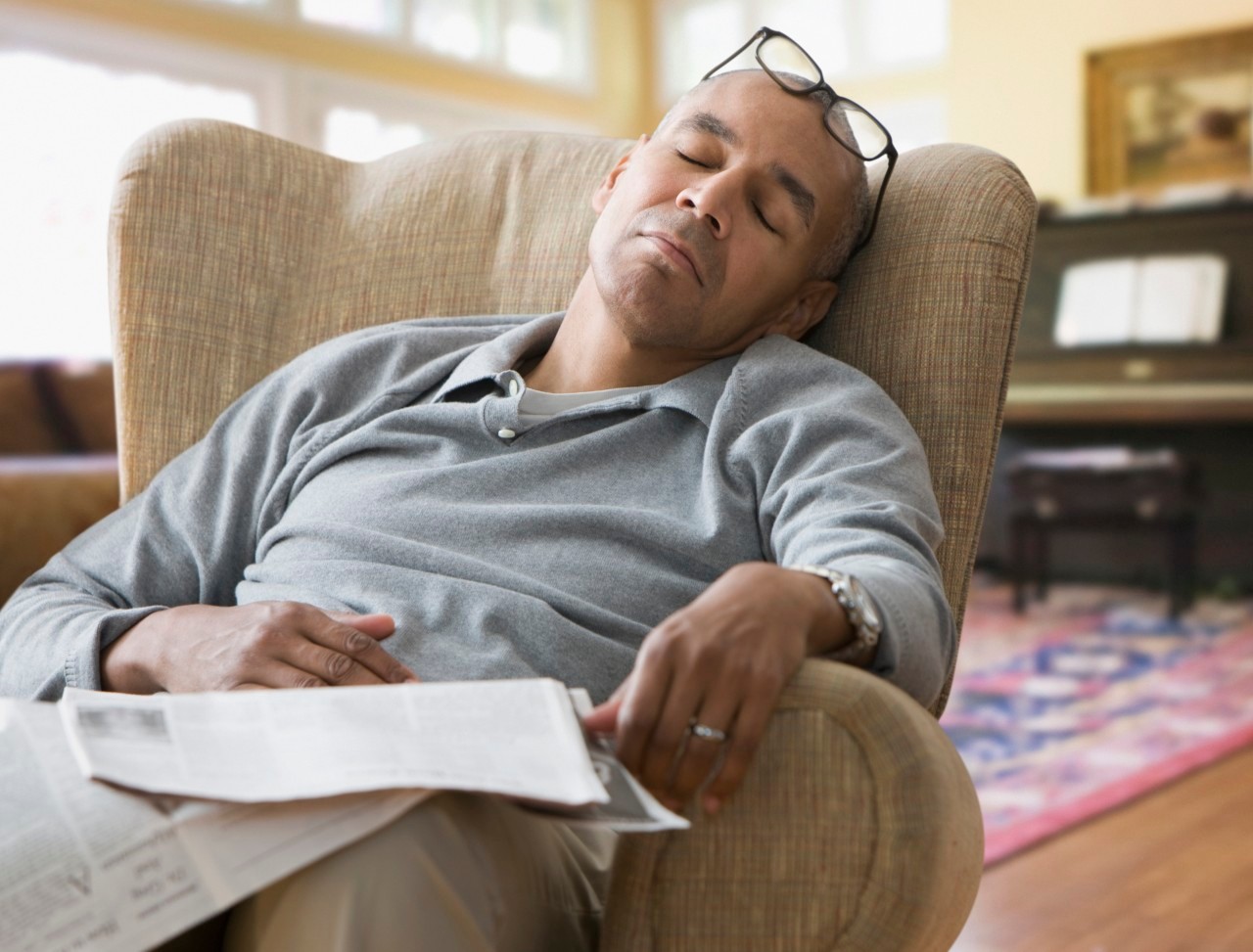Get More Sleep, Lose More Weight

Try making rest a priority the next time you want to drop pounds.
Josh Feldman had fairly good eating habits in the daytime. But he tended to stay up late, getting by on 5 or fewer hours of sleep, and a few times a week dived into a carton of ice cream around 3 a.m. The weight piled on and, by 40, he was obese. Through it all, he kept up a demanding schedule, including exercise.
You might think that many hours on the go would keep you thin. In fact, around the world, people who sleep less are more likely to be obese. When you’re sleep-deprived, the levels of hormones that regulate appetite and metabolism go awry. You know the feeling: You wake up tired, and are hungrier than usual. Tired people have less self control and tend to eat higher-calorie foods, but don’t actually use up those calories during the extra hours they’re awake.
In a small study with men in their 20s, for example, a group who slept from 2 a.m. to 6 a.m. ate 22 percent more calories the next day, compared to men who had snoozed from midnight to 8 a.m.
Enough rest, on the other hand, can help you reach and maintain your designed weight. In a study of women between the ages of 35 and 60 on a weight-loss program, good quality sleep for more than 7 hours a night upped their chances of success 33 percent.
Feldman’s problem isn’t unusual. In a study documenting how much a variety of factors predicted obesity — including a high-fat diet, lack of exercise, and significant drinking — a Canadian research team found that the most important was “short sleep duration” followed by “high disinhibition eating behavior” — those times when your self control seems to vanish. Study co-author Angelo Tremblay, an obesity researcher in Quebec, later looked at the effect of sleep on the dieting strategies of healthy men and women between the ages of 20 and 50 who were enrolled in weight-loss programs. Avoiding episodes of splurge or binge eating was the single most important factor in losing weight. But only people who reported good quality sleep for at least 7 hours a night were able to avoid those big lapses.
Sleep deprivation also increases your risk of depression, hypertension, diabetes, high cholesterol, heart attack, stroke, and even susceptibility to the common cold, studies indicate. You might show up at in a cardiologist’s office with uncontrolled hypertension and, when he asks if you’re getting enough sleep, say: “Sure.” Many people don’t know how much sleep they actually need. They’ll boast that they can get by on 4 or 5 hours, while carrying a big belly and nodding off at a moment’s notice.
Adults typically need from 7 to 9 hours a night. The next time you're on vacation, go to bed at your usual time, but don’t use an alarm clock to wake up. Record the exact the time you went to bed and awoke. You may wake up late for a few days, while you’re catching up. When you begin waking up earlier and feel rested during the day, you’ll know just how much sleep you need, plus or minus 15 minutes, sleep experts say.
Make sure you’re following good sleep habits, such as turning off electronics well before bedtime and sticking to regular hours even on your days off. You might also try to build naps into your day.
If you think you’re spending enough time in bed, but never feel rested, you may have developed breathing problems. Fat or flabby tissues in your throat can temporarily collapse the airway and obstruct your breath. If this happens frequently for more than 10 seconds, briefly waking you up, your body may have a harder time regulating blood pressure and glucose levels. Men with this condition — called sleep apnea — tend to snore loudly. They may feel less rested, more fatigued, or fall asleep during the day. Although women are less likely to show the classic symptoms and receive a diagnosis of sleep apnea, it can cause daytime fatigue, leading to increased feelings of anxiety and depression, some research shows. Ask your doctor if you need a sleep study, to be sure. If you do have sleep apnea, you have many options. One treatment may be a machine to help you breathe better at night. Another may be to lose weight. But that’s especially hard to do when you’re fighting the disordered appetite that comes from too little sleep, notes Murray Grossan, an ENT with the Tower Ear, Nose & Throat Clinic at Cedars-Sinai Medical Center in Los Angeles.
Updated:
February 24, 2020
Reviewed By:
Christopher Nystuen, MD, MBA